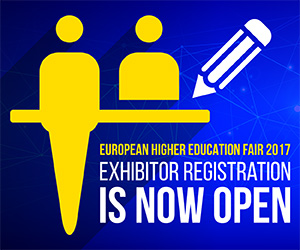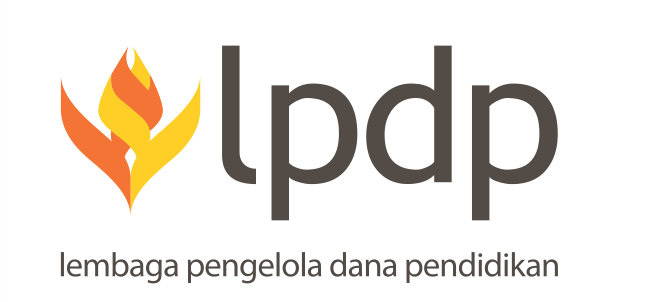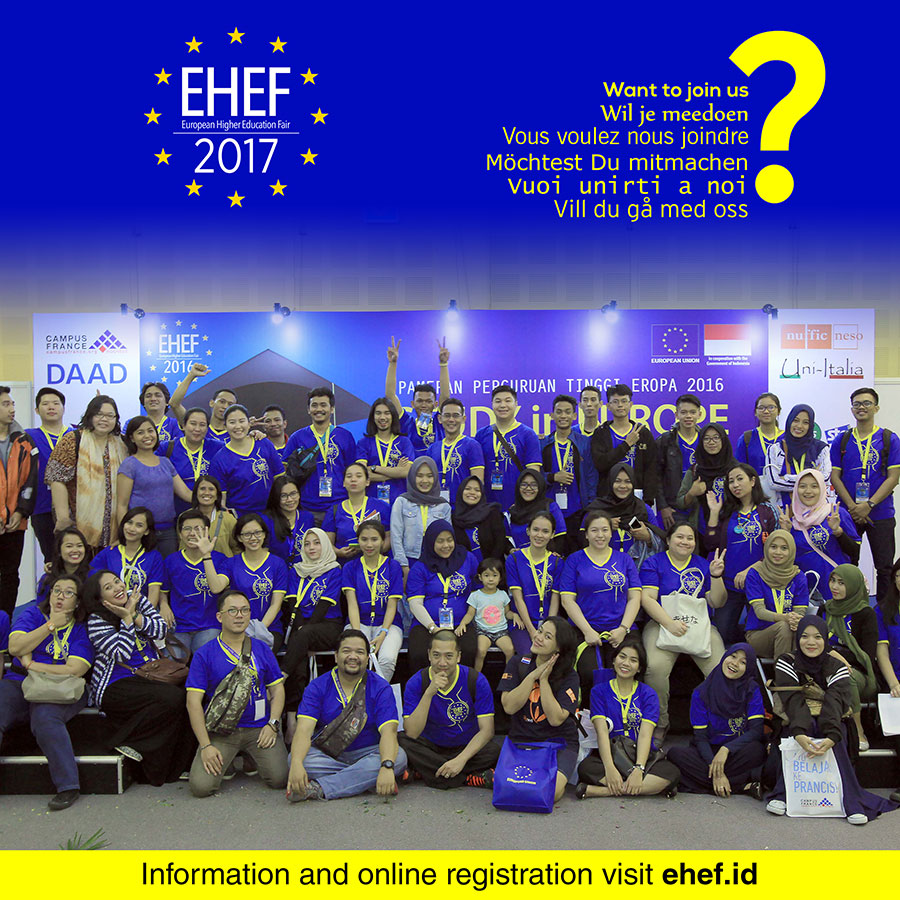
Study in Eindhoven University of Technology
Last edited on 28 Feb 2026
121
Eindhoven University of Technology, also knows as TUE, is an internationally leading, research-driven, design-oriented technological university that specializes in Engineering Science & Technology. It was first established to supply highly-skilled graduates for Philips, the electronic giant, that went on to create the first audio and video cassettes, CD and laserdisc players.
"The university is located in Eindhoven, specifically in the the top technology region, Brainport, which is considered as the beating technological heart of the Netherlands. With a reputation for focusing on high-quality education, the university profiles itself as the university where innovation starts. They offer excellent teaching and research with a mission to contribute to the advancement of technical sciences and research to the developing of technological innovations and the growth of wealth and prosperity in Eindhoven and other regions. In terms of education system, the institution’s main objective is to provide young people with an academic education within their areas of focus (Engineering Science & Technology). Offering a wide-range of programmes from bachelor’s to doctoral, they provide flexibility for their students as students would have the opportunity to customize the curriculum to best fit their strengths, interests and ambitions. Moreover, their courses are available in English and Dutch, and as well as Dutch for beginners for international students. As a technological university, they have achieved various acknowledgment for their expertise in the field. The university’s expertise in robotics has been proved by their continued success in the RoboCup, in which soccer robots built by universities all around the world compete for globry. In the competition, TUE took its third world title in July 2019 having reached its ninth final in a row. Other than that, the university successfully captured the media’s attention when their students established the first ‘drone’ café, where alcoholic drinks were served by flying ‘waiter drones’. "













